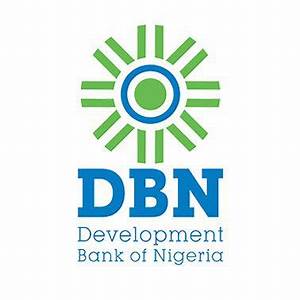Nigeria to use ICT to aid socio-economic development

The Federal Government of Nigeria is set to use Information and Communications Technology (ICT) to aid socio-economic development, thereby moving the country’s economy to knowledge-based.
According to Guardian, the Permanent Secretary, Federal Ministry of Communications and Digital Economy, Musa Istifanus, at the 7th Regular Meeting of the National Council on Communications and Digital Economy themed, ‘Leveraging the gain of ICT in Developing and Implementing Digital Economy Strategy in Nigeria’ disclosed that connectivity, capacity building and inter-agency collaboration were key factors that would close the digital gap and enhance technology development across the country.
“The policy thrusts of the ministry clearly articulate the government’s intent in a number of thematic areas among which are local content development, ICT research, development and innovation, investment and funding, inter-agency cooperation in ICT hardware production, universal access and service internet and broadband.”
The Permanent Secretary noted that people now recognize the benefits of ICT and the government was committed to taking advantage of the benefits through new policy interventions that would be required to address global challenges in areas such as the digital economy and local challenges of social cohesion, escalating healthcare costs, ageing society and lifestyle changes.
“New technologies and technology capabilities (interoperability, security, data analytics) offer new ways to make this achievable. The society is moving towards transparency. There are initiatives to increase engagement with the citizen, attract usage, develop increased levels of thrust and improve service delivery. ICT offers the best platform to achieve this.”
Meanwhile, Professor Olayinka David-West, Academic Director, Lagos Business School (LBS), while delivering a paper entitled ‘Harnessing New Opportunity Areas for Mobile Money Adoption in Nigeria’, expressed his concerns that only 4 per cent increase in digital payments had been recorded since 2016. David-West added that out of the estimated 99.8 million adults in Nigeria, only 3.3 million are Mobile Money (MM) users, and of the 36.8per cent excluded, most are women.









